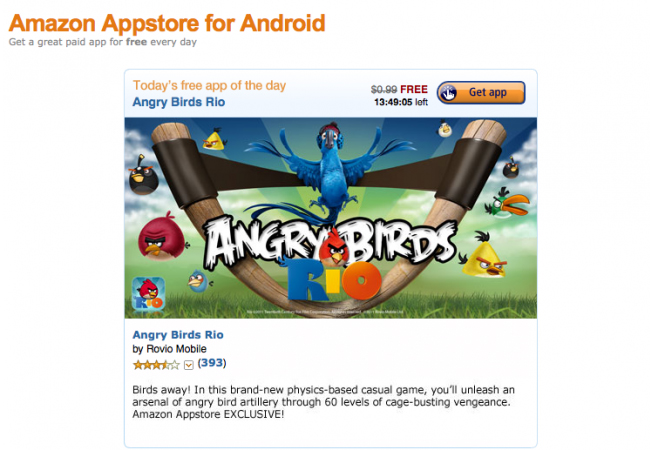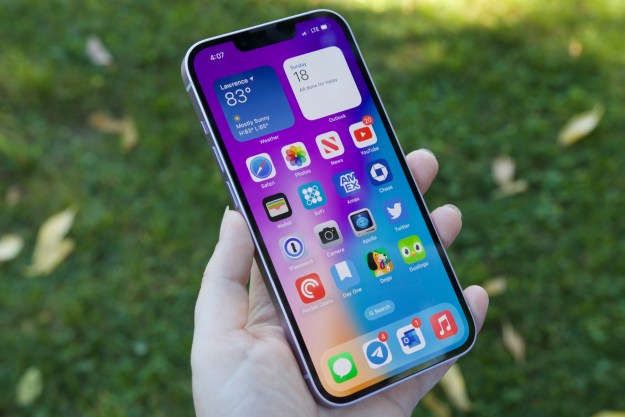
Amazon has responded to Apple’s lawsuit filed last month, when the Cupertino company claimed that the retail giant had begun “improperly using Apple’s App Store mark in connection with Amazon’s mobile-software developer program.” That program is Amazon’s Appstore for Android.
The lawsuit, filed on March 18, claimed trademark infringement and sought a judgment to get Amazon to stop using the “Appstore” name, as well as making a claim for unspecified damages.
In its response, filed on Monday, Amazon rejects the notion that the name of its store infringes on the trademark of Apple’s App Store, claiming that “app store” is a generic term. Amazon says that it doesn’t need to seek permission from Apple for its use as such a phrase is “unprotectable.”
Amazon backs up its claim that “app store” is a generic term, saying that even Apple itself uses the term in that way. The countersuit states that “…in 2008 Apple launched its app store….In press releases, Apple has claimed that its app store is “the largest application store in the world.” In October 2010, Apple’s CEO Steve Jobs called Apple’s app store “the easiest-to-use, largest app store in the world, preloaded on every iPhone.””
The e-commerce company has even turned to a leading group of US linguists in a bid to have Apple’s lawsuit thrown out of court. On page 9 of its response to Apple, Amazon’s legal team states that, “The American Dialect Society, a leading group of U.S. linguists, recently voted “app” as the “Word of the Year” for 2010, noting that although the word “has been around for ages,” it “really exploded in the last 12 months” with the “arrival of ‘app stores’ for a wide spectrum of operating systems for phones and computers.” Indeed, the words “app store” are commonly used among many businesses competing in the app store market.”
Amazon wants Apple’s lawsuit rejected, and a court order giving it the right to use the words.
It’s not the first time the words “app store” have been the subject of controversy for Apple. Back in January, Microsoft filed a motion opposing Apple’s efforts to trademark the name “App Store.”
Apple launched its app store in 2008 for the easy purchase of games and other software for devices such as the iPhone, iPod touch and more recently its desktop computers. Amazon’s app store went live last month, and offers similar kinds of software for users with devices running the Android OS.
Editors' Recommendations
- Everything you need to know about the massive Apple App Store outage
- Elon Musk says he will speak to Tim Cook about changing the ‘Apple tax’
- Apple cracks down on ChatGPT apps with harsh age ratings
- Guess how much Apple has paid App Store developers — you won’t even be close
- Apple may do the unthinkable — allow third-party iPhone app stores

